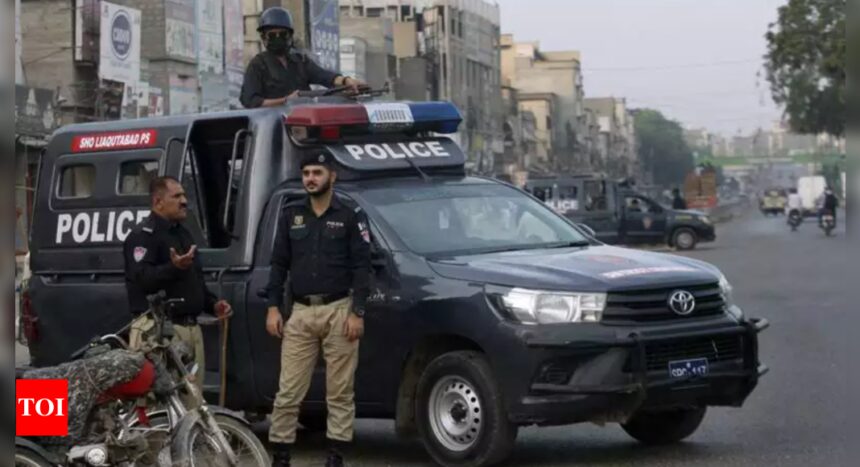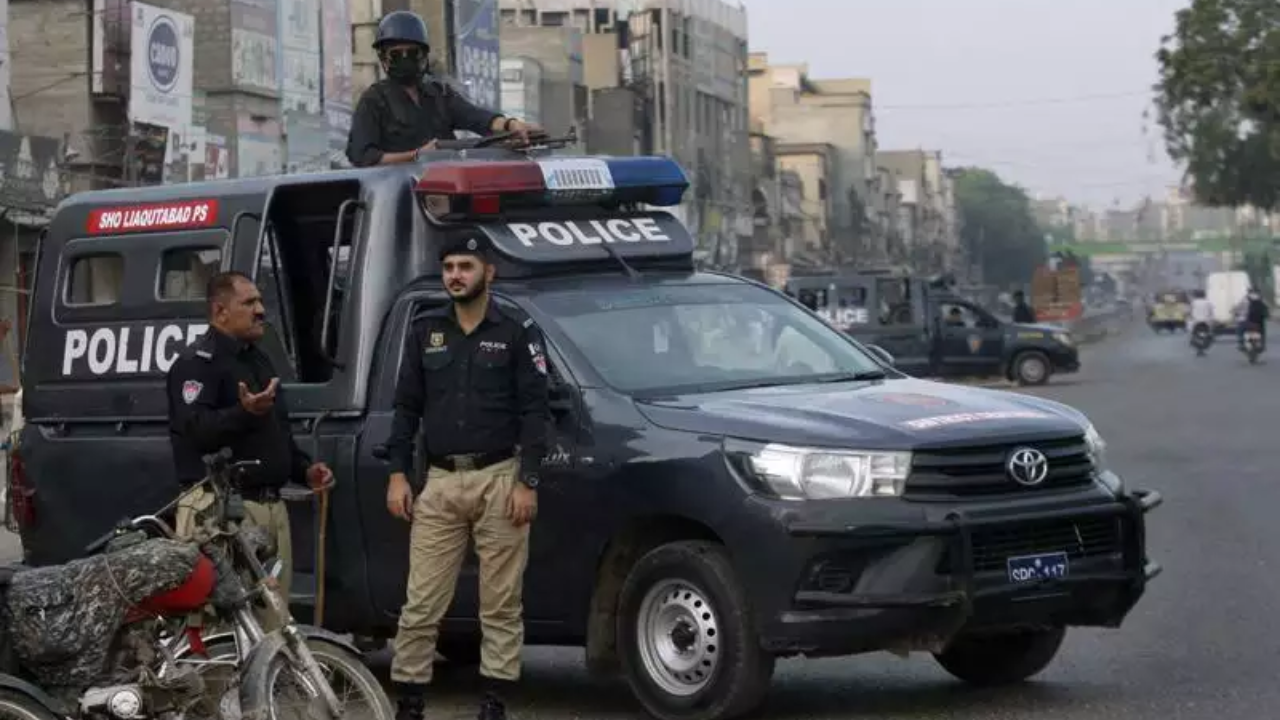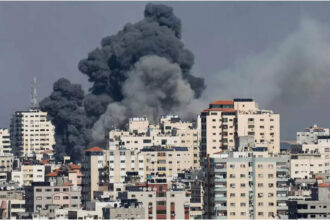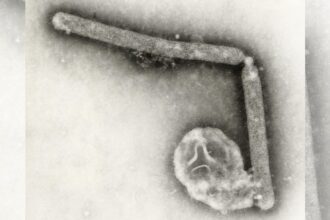ISLAMABAD: The stand-off in northwestern Pakistan involving police units that have gone on strike to demand the withdrawal of military and intelligence agencies from the restive region entered the fourth day Thursday with no sign of the crisis easing.
On Sept 9, hundreds of policemen had blocked Indus Highway, which links Peshawar in the northwest with the southern port city of Karachi, in Lakki Marwat district of Khyber Pakhtunkhwa to protest alleged military interference in their regular duties.
Police officers from the surrounding districts, including Bannu, Dera Ismail Khan and Tank, joined their protesting colleagues, while political parties, tribal leaders and civil society groups expressed solidarity with them.
The protesters, who accuse the ISI and Military Intelligence of exacerbating the situation in the region, have seen many of their colleagues kidnapped or ambushed by Taliban fighters and supporters in Lakki Marwat, Bannu and Dera Ismail Khan over the last few years. In some cases, their houses and families have been targeted.
This is the first instance in Pakistan of uniformed personnel on a sit-in and blocking an inter-provincial highway for four consecutive days. The protesters have so far turned down requests by their bosses to hold talks and end the agitation.
Officer Rashid Khan said the army should leave the district and let the police department work freely.
“We promise to restore peace in the area within three months if military officers stop their interference,” he said in Lakki Marwat.
“Their game of playing good and bad Taliban is not over. We (police force) arrest militants and they (the military) call us to release them,” another official at the sit-in told TOI.
The army has a large presence in the Khyber Pakhtunkhwa province bordering Afghanistan, where it has been battling the Taliban and other outfits for nearly two decades.
Police officials in Bajaur tribal district, bordering Afghanistan, have announced they wouldn’t work even with anti-polio teams until the administration identified and arrested the killers of a colleague who was shot dead while escorting once such group in Bajaur this week.
“There will be a complete boycott of polio duty,” a video circulating on social media showed a man standing among a group of uniformed personnel as saying. “They (the government and security officials) will give us the killers of Luqman (the police constable killed in the latest attack while performing polio duty) first.”
Pakistan has seen a rise in militant attacks in recent weeks, with many of them taking place in Khyber Pakhtunkhwa, where groups like the outlawed Pakistani Taliban, or TTP, have stepped up attacks, targeting security forces convoys and checkpoints, and carrying out targeted killings and kidnappings of security personnel and govt officials.
At least 75 police personnel have been killed in ambushes and targeted killings in Khyber Pakhtunkhwa this year, according to official data.
On Sept 9, hundreds of policemen had blocked Indus Highway, which links Peshawar in the northwest with the southern port city of Karachi, in Lakki Marwat district of Khyber Pakhtunkhwa to protest alleged military interference in their regular duties.
Police officers from the surrounding districts, including Bannu, Dera Ismail Khan and Tank, joined their protesting colleagues, while political parties, tribal leaders and civil society groups expressed solidarity with them.
The protesters, who accuse the ISI and Military Intelligence of exacerbating the situation in the region, have seen many of their colleagues kidnapped or ambushed by Taliban fighters and supporters in Lakki Marwat, Bannu and Dera Ismail Khan over the last few years. In some cases, their houses and families have been targeted.
This is the first instance in Pakistan of uniformed personnel on a sit-in and blocking an inter-provincial highway for four consecutive days. The protesters have so far turned down requests by their bosses to hold talks and end the agitation.
Officer Rashid Khan said the army should leave the district and let the police department work freely.
“We promise to restore peace in the area within three months if military officers stop their interference,” he said in Lakki Marwat.
“Their game of playing good and bad Taliban is not over. We (police force) arrest militants and they (the military) call us to release them,” another official at the sit-in told TOI.
The army has a large presence in the Khyber Pakhtunkhwa province bordering Afghanistan, where it has been battling the Taliban and other outfits for nearly two decades.
Police officials in Bajaur tribal district, bordering Afghanistan, have announced they wouldn’t work even with anti-polio teams until the administration identified and arrested the killers of a colleague who was shot dead while escorting once such group in Bajaur this week.
“There will be a complete boycott of polio duty,” a video circulating on social media showed a man standing among a group of uniformed personnel as saying. “They (the government and security officials) will give us the killers of Luqman (the police constable killed in the latest attack while performing polio duty) first.”
Pakistan has seen a rise in militant attacks in recent weeks, with many of them taking place in Khyber Pakhtunkhwa, where groups like the outlawed Pakistani Taliban, or TTP, have stepped up attacks, targeting security forces convoys and checkpoints, and carrying out targeted killings and kidnappings of security personnel and govt officials.
At least 75 police personnel have been killed in ambushes and targeted killings in Khyber Pakhtunkhwa this year, according to official data.
Source : Times of India









